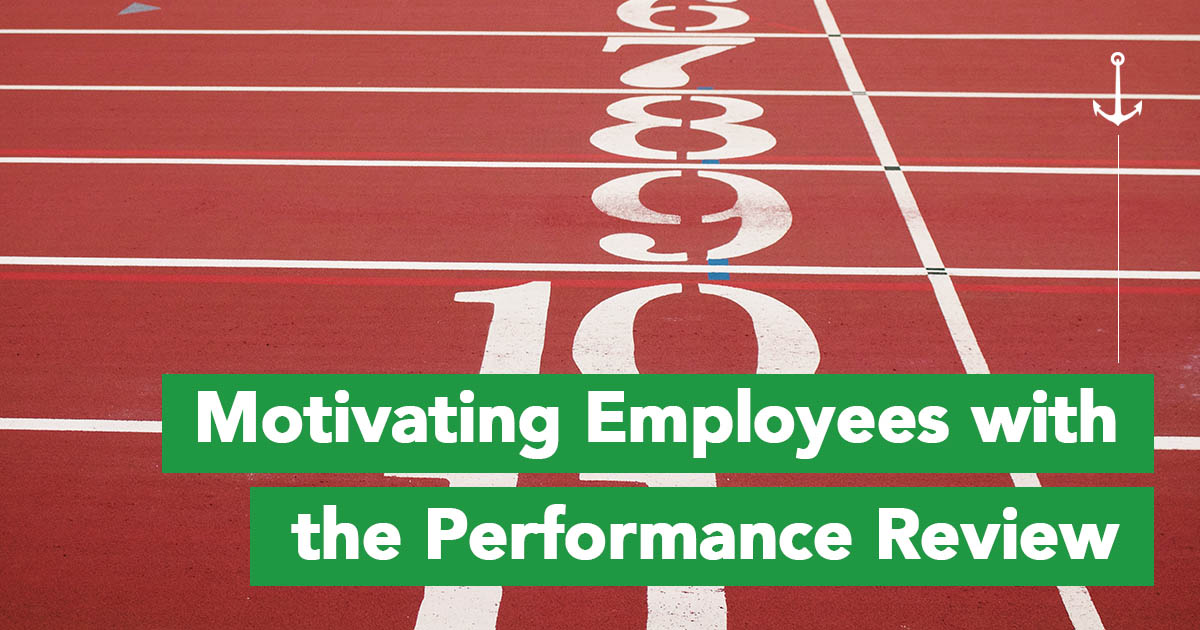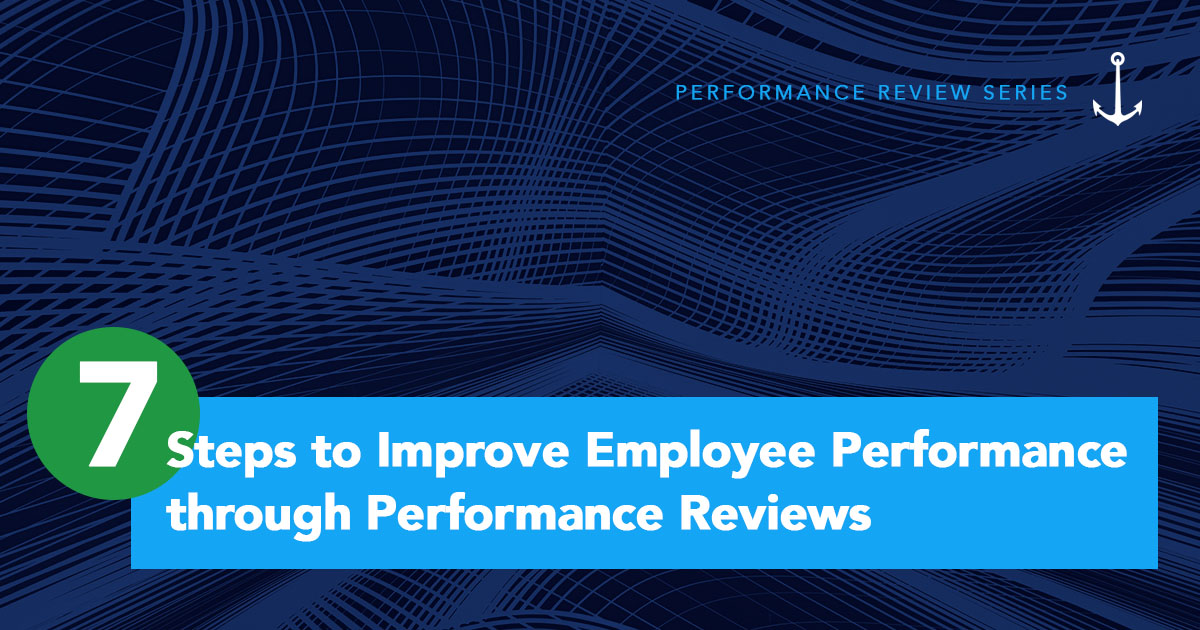Each fall, kids return to school with clean notebooks, sharpened pencils, and the excitement of starting something new. For those students in high school, many are also on the lookout for a job, whether for some extra spending money, for a class requirement, to find some independence, or to gain some experience in a potential career.
Anchor Staff
Recent Posts
Having Trouble Hiring? Consider Recruiting High School Students
Topics: hiring
Can we ask employees not to sleep in the office on their lunch break?
Question: We have discovered an employee has been sleeping during lunch breaks. Can we ask employees not to sleep in the office during their lunch break (or any other unpaid break)?
Topics: hr
Most managers and supervisors see the annual employee performance review as one of the most dreaded work tasks. Most employees, however, view it as one of their defining moments.
7 Steps to Improve Employee Performance through Performance Reviews
Many businesses recognize that their most important asset for success is their employee base. Unfortunately, one crucial step in managing and strengthening that asset is often overlooked. In the face of constant competitive pressures, companies often do not utilize completely the employee performance review process.
Topics: leadership, teams, employers, employees, hr
Many people look forward to annual performance reviews the way they look forward to oil changes and tune-ups. Sure, these are standard operating procedures, but they can be a hassle and they could reveal bad news. As a result, performance reviews are often done poorly. They’re treated as an afterthought and rushed when the time comes. Or they’re not done at all.
Topics: leadership, teams, employers, employees, hr
The prospect of a recession has many businesses and their employees worried. During an extended economic decline, sales drop, jobs disappear, and productivity decreases. Companies have less revenue to invest, and their customers have less money to spend. With their lives shaken by financial instability, people are more motivated to play it safe and less inclined to take risks.
Topics: hr
A hiring manager, eager to fill an exciting new role in the company, reacquaints himself with a candidate’s resume as that candidate takes a seat across from him. Looking up, the hiring manager jolts involuntarily, surprised to see a gray-haired man likely in his late 50s—a much older person than he had envisioned for this cutting-edge job. While the interview goes well, the hiring manager feels that the candidate’s age makes him a bad fit.
Question: Can we cut a performance improvement plan short if the employee's performance issues have gotten substantially worse?
Answer: In general, yes. When an employee is on a performance improvement plan (PIP), and their performance has not improved and has, in fact, gotten worse, it is perfectly reasonable to cut the timeframe of the PIP short and move forward with further disciplinary action, including termination. Unless it’s written to say otherwise—and it absolutely shouldn’t be—a PIP is not a guarantee of employment for the duration of the plan. It shouldn’t alter the at-will employment relationship.
Topics: hr, Performance
When interviewing job candidates, time is critical.
The time you spend talking to candidates adds up quickly, especially if you have a lot of great candidates. That has a cost—you’re not getting other important work done. That time also goes by incredibly fast. Within the span of a brief discussion, you have to gather the information you need to make an informed hiring decision and to sell the role to a potential hire. And don’t forget you’re competing with other employers eager to snatch up talent. Every minute counts.
Topics: interview
Tracking leave deductions accurately is tricky for many employers. If you are doing this by hand there are lots of opportunities to create compliance issues. For example, if you don't accrue appropriately, employees could have a case against you for not providing the right amount of time off based on published policy.
Topics: Leave Deductions

.jpg)
.jpg)


.jpg)
.jpg)
.jpg)
.jpg)
.jpg)
.png)

